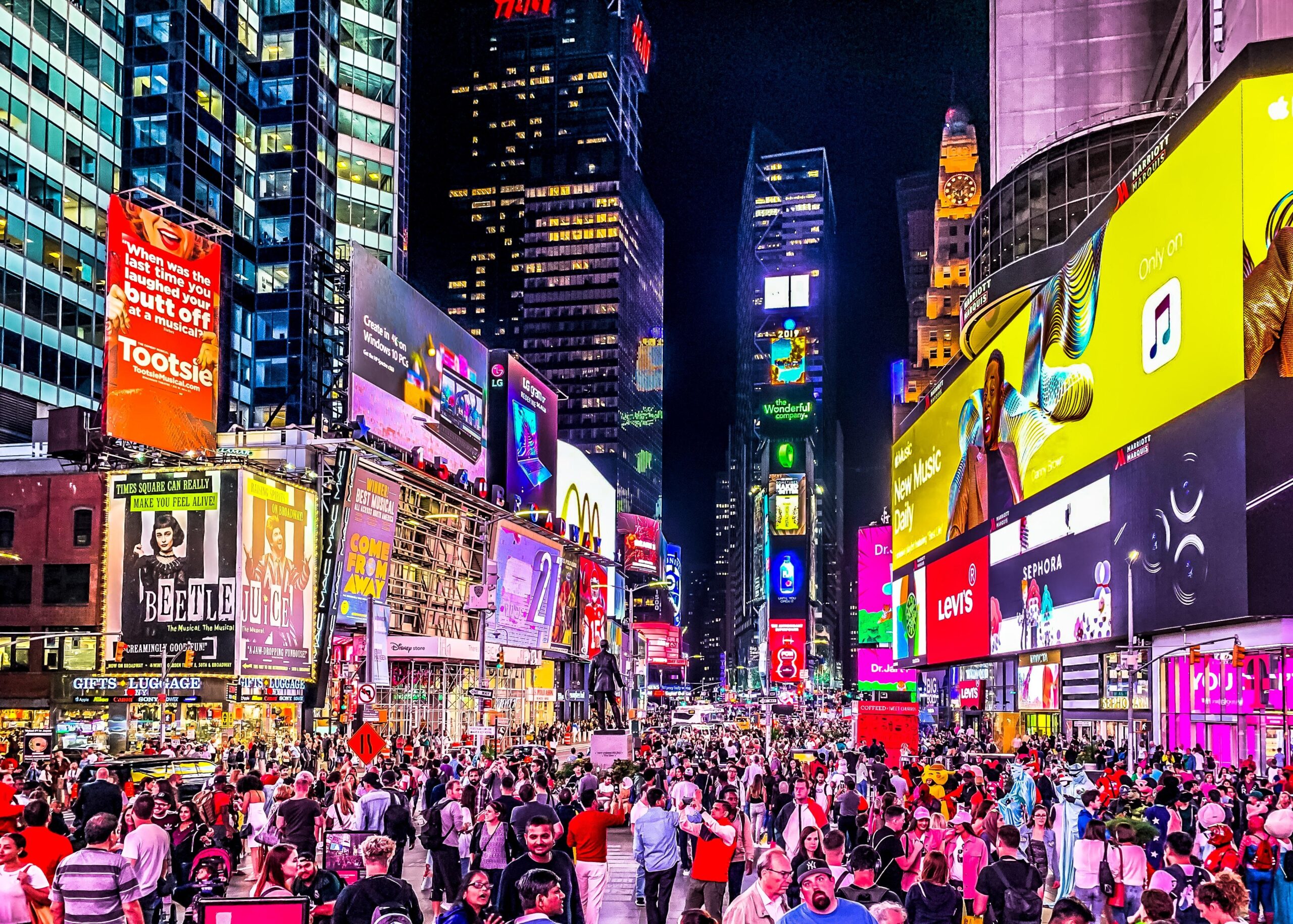
Juneteenth Celebrations – From Sea To Shining Sea

What started as a local commemoration in Texas has blossomed into one a significant American cultural celebration. Juneteenth — also known as Freedom Day or Emancipation Day — honors the day enslaved people in Galveston, Texas, were informed of their freedom on June 19, 1865 — two and a half years after the Emancipation Proclamation was issued.
For generations, Black communities in Texas marked the occasion with parades, picnics, and prayer services. Today, Juneteenth is recognized as a federal holiday and embraced across the country as a time to reflect, rejoice, and remember. From the booming sounds of marching bands in Houston to the soulful aroma of jerk chicken and ribs sizzling on Brooklyn barbecue grills, Juneteenth carries different meanings for different people.
But at its heart, it’s a day of joy, resistance, and pride. It is also a day that centers on Black life, liberation, and legacy. And while its tone can shift depending on the zip code, the celebration’s spirit remains the same: honoring the past while dreaming boldly about the future.
Texas: Where Juneteenth Began
If Juneteenth has a spiritual home, it’s Texas. The Lone Star State is where the holiday was born, and its earliest celebrations took root. Texas is also where its legacy continues to evolve as a living history.
It all started in Galveston, a busy port city on the Gulf of Mexico. Texas had kept people enslaved even after the Proclamation and the end of the Civil War. Union General Gordon Granger arrived and read General Order No. 3, he was delivering justice – long delayed and incomplete, yes, but still a monumental step forward in the nation’s often-troubled history of race relations.
When Granger read the order informing enslaved Black people that they were finally free, there was a mixture of shock, jubilation, and, for many, an uncertain road ahead.
That moment sparked the first Juneteenth, or “Jubilee Day,” commemorations across the region. For years, Juneteenth remained a local or regional celebration. Thanks to activists and elders like Opal Lee – who at the age of 89 walked from Texas to Washington, D.C. to bring attention to the quest for recognition of Juneteenth as a national holiday – 2021 saw that dream become a reality. President Biden signed legislation making Juneteenth a federal holiday, the first new one since Martin Luther King Jr. Day was established in 1983.
Today, Galveston remains a vital site of remembrance. The city hosts several events during the week of June 19, including historical reenactments, public readings of the emancipation order, and the annual Juneteenth Parade down 25th Street.
A mere 50 miles northwest in Houston, the celebration is no less profound. Emancipation Park, located in the city’s historic Third Ward, symbolizes Black resistance. The park now hosts one of the country’s largest and longest-running Juneteenth gatherings, with gospel concerts, food festivals, children’s activities, and educational programming that connects past to present.
Elsewhere in Texas, from Dallas to Fort Worth to San Antonio, Juneteenth is deeply embedded in the cultural fabric of Black communities.
New York – Cookouts, Culture & Community
In New York City, Juneteenth leans into culture with a distinct flair. The energy here is unapologetically bold. Streets transform into stages, brownstones into barbecue pits, and public parks welcome pop-up art galleries. From Bed-Stuy to Harlem, Black joy overflows in all directions.
The annual Juneteenth NY Festival is massive – spanning multiple days and boroughs. What began as a local block party, it’s grown into a multi-faceted event featuring a parade, marketplace, wellness village, and youth summit.
Here, Juneteenth feels both ancestral and future-forward. It honors Black innovators in technology, the arts, and activism. In other parts of the city, organizations like Weeksville Heritage Center in Brooklyn hold educational talks, musical performances, and community gatherings that root Juneteenth in its historical context.
California – From Resistance to Celebration
On the West Coast, California cities have embraced Juneteenth in ways that are both celebratory and activist in nature. In Oakland, the Juneteenth Festival of the East Bay features everything from live drumming circles and jazz to discussions on reparations and Black land ownership.
Los Angeles hosts multiple events, including the Juneteenth Celebration in Leimert Park, a historically Black neighborhood and cultural hub. It’s common to spot performers in traditional African dress next to skateboarders in protest tees, all vibing to the same beat.
The Leimert Park celebration is a full-day event that includes music, spoken word, dance, local artisans, and vegan food stalls alongside soul food vendors. This is where Black culture is preserved and reimagined in real-time.
In recent years, California has also incorporated legislative efforts into Juneteenth celebrations, using the holiday to draw attention to systemic inequalities in education, healthcare, and housing.
Georgia and the Southeast – A Spiritual Homecoming
In Atlanta, a city steeped in civil rights history, Juneteenth is observed with equal reverence and revelry. The Atlanta History Center, Martin Luther King Jr. National Historical Park, and various Black churches across the city host reflective gatherings focused on prayer and historical education, and healing.
But the celebration also comes alive in places like Centennial Olympic Park and Stone Mountain, where crowds gather for parades, concerts, and fireworks. Atlanta’s Juneteenth Parade and Music Festival is one of the Southeast’s largest, attracting musicians, artists, and activists from around the region.
Southern cities like Charleston, South Carolina, and Birmingham, Alabama are reclaiming their narratives through Juneteenth. Local museums and historic plantations have walking tours, storytelling events, and culinary showcases that explore the region’s complex past while affirming Black resilience.
Chicago, D.C. & Beyond
As Juneteenth becomes more widely recognized, cities across the Midwest and East Coast are creating new traditions. In Chicago, the DuSable Museum of African American History holds exhibitions and performances that draw thousands to Washington Park.
Washington, D.C. honors the holiday with a mix of policy and performance. The National Museum of African American History and Culture hosts an annual Juneteenth event with speakers, drummers, film screenings, and story circles that bring generations together.
Philadelphia, Detroit, and Minneapolis host local events that honor local Black histories, from community feasts, bike rides, and underground railroad reenactments.
Why Travel for Juneteenth?
To witness Juneteenth in different cities is a window into how local histories, demographics, and struggles shape the ways people commemorate liberation.
You might find a serene poetry reading in one city and a full-on street party in another. You might walk into a panel on abolitionist movements in the morning and end your night dancing to Afrobeats under the stars.
Traveling for Juneteenth can be a powerful way to deepen your understanding of America’s unfinished story. It’s also a chance to support Black-owned businesses, visit historic sites, and invest in cultural institutions that preserve and celebrate Black heritage.



